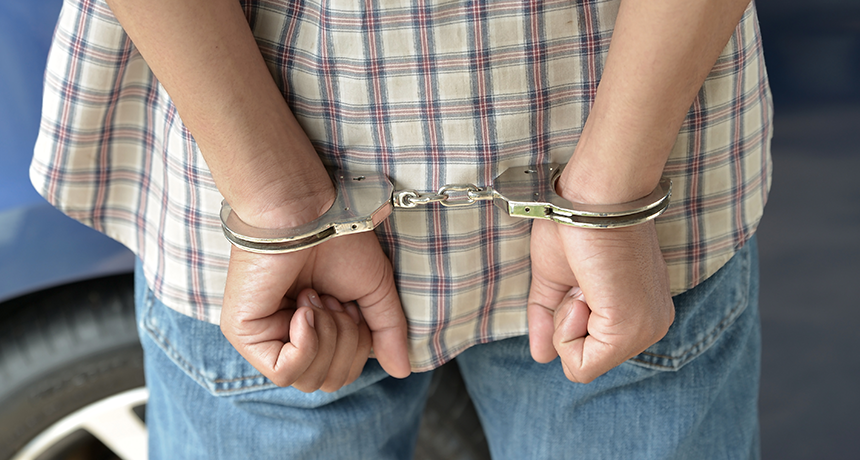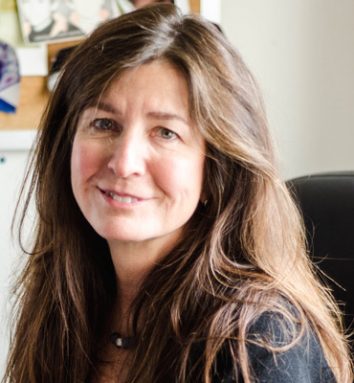The U.S. prison system can harm young brains, scientist warns
Violence, stress and isolation can adversely shape brain development

Teens caught in the U.S. justice system may face conditions that can mess with healthy brain development.
SAKDAWUT14/iStock/Getty Images Plus
A teen’s brain does not magically mature into its adult form the night before someone’s 18th birthday. In fact, brain development will continue into a person’s 20s. This neural fine-tuning has serious implications for young people caught in the U.S. justice system, argues neuroscientist B.J. Casey.
Casey works at Yale University in New Haven, Conn. In the May 22 Neuron, she describes the heartbreaking case of Kalief Browder. He was just 16 when he was sent to Rikers Island prison in New York City. The teen had been accused of stealing a backpack.

Browder could not come up with the $3,000 bail (money to get out of prison and wait for trial at home). So he spent three years in the violent prison. About two-thirds of that time he spent alone in a strictly guarded cell. He had limited contact with other people. It’s “a terrible place for a child to have to grow up,” Casey says. Eventually, Browder’s case was dropped.
Two years after his 2013 release, Browder died from suicide.
Casey now uses the case to show how the criminal-justice system can mess with young brains. The violence, stress and isolation that come from being in prison all have an effect. Other recent stories of immigrant children separated from their families and held in U.S. detention centers have raised similar concerns.
Young brains in lockup
Casey points to brain studies in lab animals and people. That research has shown chronic stress and other assaults can alter normal development in parts of the brain that radically change in youth, she says. The scientific evidence is clear: “The way we’re treating our young people is not the way to a healthy development,” Casey says.
In the United States, an estimated 53,000 people under 18 are in jails, prisons or other types of facilities. Some states have no limit for certain crimes on how young a child may be and still be tried as an adult. That means many youths are judged and punished by laws designed for people who are more mature.
For brains, the line between childhood and adulthood is wide and fuzzy. When the brain comes of age depends on what is being measured. Some abilities, such as remembering a string of numbers, can mature by age 18. Other skills take more time. The ability to resist peer pressure, to make good decisions under stress and to avoid risks are still changing among people in their 20s, research suggests.
The fact that youths’ brains are still forming can become clear during run-ins with police. Young people may not understand their rights. Sometimes they will run away or say the wrong thing when cornered, Casey notes. “Kids are reactive under threat,” she says. “How would they know to ask for a lawyer?”
Casey thinks young people should be held accountable for their actions, but to a lesser extent than adults. States such as California, Nebraska and New York recognize young adults need special considerations. These states have created young-adult courts that focus on rehabilitation. “Working together, we may be able to save young people like Kalief from the injustices that too often occur within the confines of our justice system,” Casey writes.
If you or someone you care about may be at risk of suicide, call the Suicide and Crisis Lifeline. This free, 24/7 service offers support, information and local resources by calling or texting 988.







